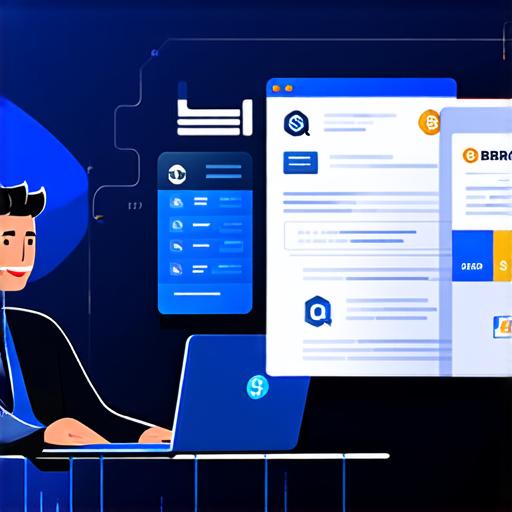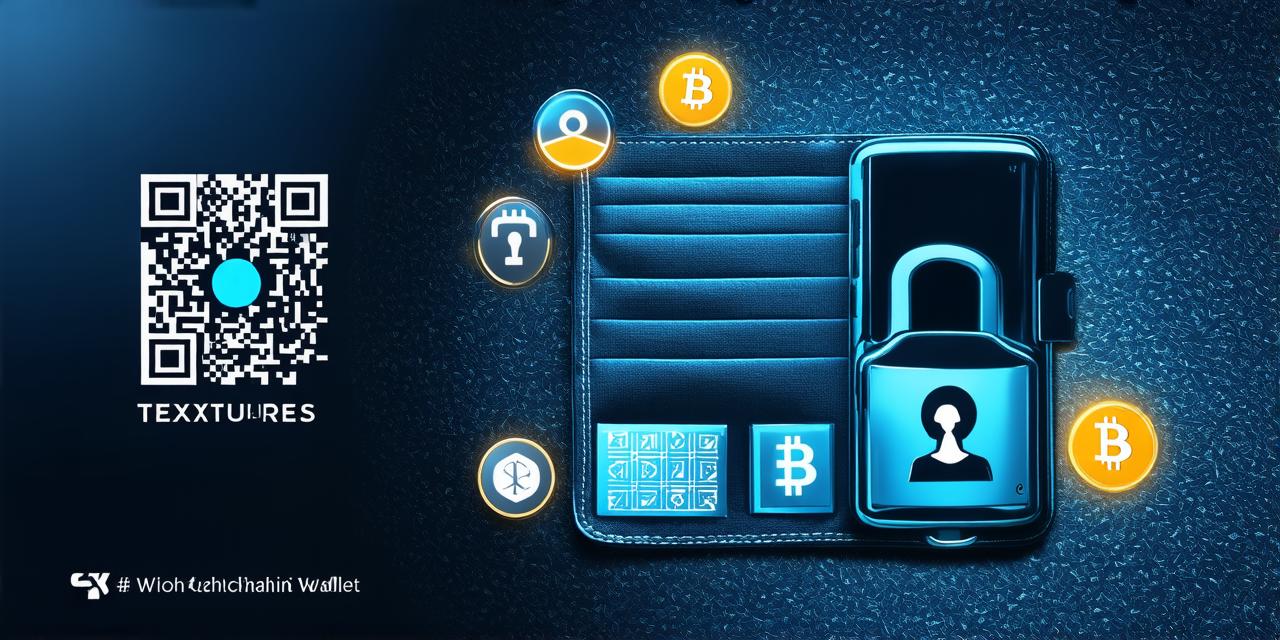In recent years, blockchain technology has gained immense popularity due to its potential to revolutionize various industries, including finance and cryptocurrency. One of the most critical components of using blockchain technology is having a secure and reliable wallet to store and manage your digital assets. In this article, we will delve into what a blockchain wallet is, how it works, and why it’s essential for developers to understand and use them effectively.
Introduction
Blockchain wallets are digital storage solutions that allow users to safely and securely store, send, and receive cryptocurrencies and other blockchain assets. They provide a decentralized system that eliminates intermediaries such as banks or payment processors, allowing users to transact directly with each other on the blockchain network.
The term “wallet” refers to the software that manages your private keys, which are used to access and sign transactions on the blockchain. These private keys must be kept secure to prevent unauthorized access to your digital assets.
Types of Blockchain Wallets
There are several types of blockchain wallets available, each with its unique features and use cases. Some of the most common types include:
- Hot Wallets
- Cold Wallets
- Mobile Wallets
- Desktop Wallets
Hot Wallets
Hot wallets are online wallets that allow users to access their funds instantly. They are ideal for frequent traders who need to buy and sell cryptocurrencies quickly. However, they are also more vulnerable to hacking attacks due to their connectivity to the internet.
Cold Wallets
Cold wallets are hardware wallets that store your private keys offline, providing an added layer of security against hackers. They require a PIN or password to access the wallet and must be connected to a computer or mobile device to sign transactions on the blockchain network.
Mobile Wallets
Mobile wallets are applications that allow users to store and manage their cryptocurrencies and other digital assets on their smartphones or tablets. They provide a convenient way for users to access their funds on the go, but they can also be vulnerable to hacking attacks if not properly secured.
Desktop Wallets
Desktop wallets are applications that allow users to store and manage their digital assets on their computers or laptops. They provide a more secure way to access your funds, as they do not require an internet connection to sign transactions on the blockchain network.
How Blockchain Wallets Work
Blockchain wallets work by managing your private keys, which are used to access and sign transactions on the blockchain network. These private keys are encrypted and stored securely in the wallet software, making it difficult for hackers to access them.
When you want to send or receive cryptocurrencies or other digital assets, you initiate a transaction through the wallet software. The wallet software signs the transaction using your private key, which allows the transaction to be validated on the blockchain network. Once the transaction is confirmed, it becomes part of the public ledger and cannot be altered or deleted.
Security Features of Blockchain Wallets
Blockchain wallets provide several security features that make them ideal for storing and managing digital assets. Some of these features include:
- Private Keys
- Decentralization
- Two-Factor Authentication
- Encryption
Case Studies and Personal Experiences
One of the best ways to understand how blockchain wallets work is through real-life examples and personal experiences. Here are a few case studies and personal experiences that illustrate the importance of using blockchain wallets effectively:
- The DAO Hack
- John McAfee’s Wallet Misfortune

Conclusion
In conclusion, blockchain wallets are an essential component of using blockchain technology effectively. They provide a decentralized system for storing, sending, and receiving digital assets, eliminating intermediaries such as banks or payment processors. Blockchain wallets use private keys, decentralization, two-factor authentication, and encryption to provide added security for your digital assets.
As illustrated by the DAO hack and John McAfee’s misfortune, it is crucial to choose a reputable blockchain wallet provider and keep your private keys secure to prevent unauthorized access to your digital assets. By understanding how blockchain wallets work and how to use them effectively, developers can leverage the potential of blockchain technology and revolutionize various industries.
FAQs
Here are some frequently asked questions about blockchain wallets:
- What is a blockchain wallet?
- How do I choose a reputable blockchain wallet provider?
- What happens if I lose access to my private key?
